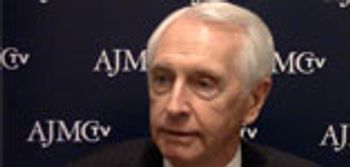
Although Kentucky Gov Steve Beshear knew expanding Medicaid was the right thing to do, he had to make sure it the right economic choice for the state, too, he explained.

Although Kentucky Gov Steve Beshear knew expanding Medicaid was the right thing to do, he had to make sure it the right economic choice for the state, too, he explained.
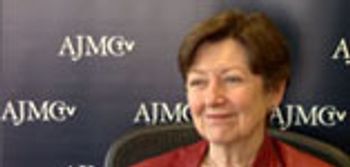
Medical research tends to be very segmented, but The American Journal of Managed Care (AJMC) has played an important role over the last 20 years in sharing new techniques and findings in managed care, said Margaret E. O'Kane, MHA, president of the National Committee on Quality Assurance.

The American Journal of Managed Care may be celebrating 20 years of publication, but Karen Ignagni, president and chief executive officer of America's Health Insurance Plans, is looking forward to many more.

Medicare Advantage has the potential to be the most powerful part of the solution for American healthcare, but the government needs to create reimbursement stability in order for that to happen, said Kent Thiry, chief executive officer of DaVita Healthcare Partners Inc.

The biggest problem with corporate wellness programs is that they are not as effective as they are claimed they will be, according Austin Frakt, PhD, health economist and researcher and the primary author of The Incidental Economist.
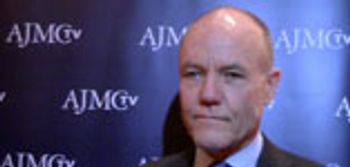
HHS Secretary Sylvia M. Burwell's announcement that CMS would move to value-based payments was a nail in the coffin for those skeptics who believed the push for value contracting would pass, according to Joseph Gifford, MD, chief executive of the Providence-Swedish Health Alliance.

On the 5th anniversary of the enactment of the Affordable Care Act, Susan Dentzer, senior policy advisor at the Robert Wood Johnson Foundaiton, looks back at what has been accomplished and looks ahead at what is left to do.
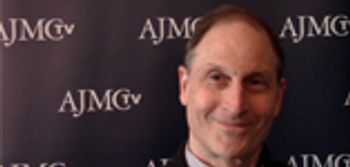
Over the past 20 years, The American Journal of Managed Care has been a great addition to the literature on advanced care models and innovation in healthcare systems, said David Blumenthal, MD, president of The Commonwealth Fund.
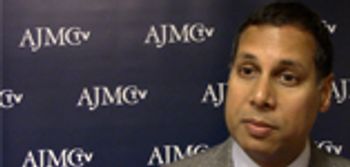
Although Republicans have been considering a repeal and replace approach to fixing the Affordable Care Act (ACA), Avik Roy, senior fellow at the Manhattan Institute, has his own plan.
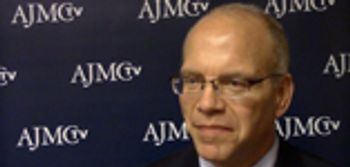
Starting with a contract that works for both parties involved is the best way to ensure payers and providers will work together, said Craig Thiele, MD, chief medical officer of CareSource.
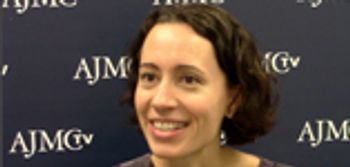
In order to really see quality improvement, it needs to be easier for physicians to access data and meet quality metrics, according to Lisa Hicks, MD, MSc.
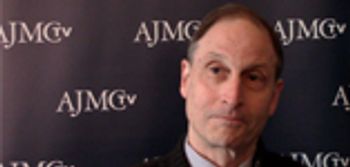
Although the decision in King v. Burwell will not directly affect states that have set up their own health insurance exchanges, they could see some benefits, according to David Blumenthal, MD, chief executive officer of The Commonwealth Fund.
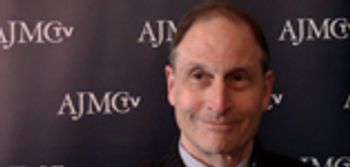
On March 4 the Supreme Court will hear arguments in the case of King v. Burwell, which determines the fate of subsidies in the 34 federally facilitated marketplaces, and David Blumenthal, MD, chief executive officer of The Commonwealth Fund, outlined the potentially catastrophic effects if the Court were to side with the plaintiffs.

The goals of the new CMS Oncology Care Model align very nicely with what payers want, according to Ira M. Klein, MD, MBA, FACP, national medical director, clinical thought leadership, office of the chief medical officer, Aetna.
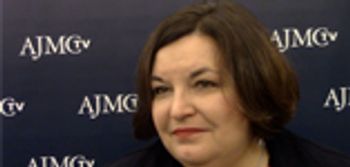
Some of the challenges with bringing as much focus to the mental well-being of patients as their physical conditions has to do with problems the healthcare industry created itself, according to Robin Henderson, PsyD.
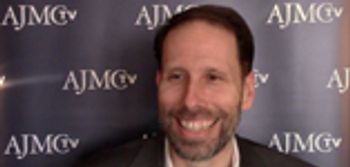
The first job of the Camden Coalition of Healthcare Providers was to dig into the data of the city's hospitals and see who was using them. Half of the population, it turns out, according to Jeffrey Brenner, MD, chief executive officer of the Coalition.

As community oncology clinics affiliate with hospital systems to become hospital outpatient departments, patients begin to feel the burden of higher costs of care, according to Debra Patt, MD, from Texas Oncology, a community-based practice.
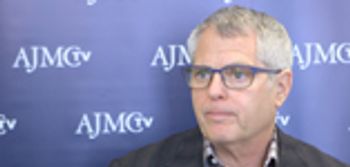
The concept of pathways is the most widely adopted solution to reduce the high cost of cancer care, according to Bruce Feinberg, DO, vice president and chief medical officer of oncology at Cardinal Health Specialty Solutions.

Over the last 20 years, The American Journal of Managed Care has published empirical, challenging work, according to Rajesh Balkrishnan, PhD, associate director for research and education at the University of Michigan Center for Global Health.
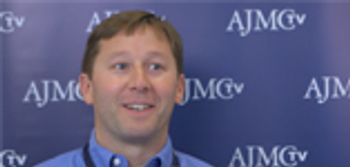
Among publications in the managed care field, The American Journal of Managed Care (AJMC) is likely the leader, according to Mitch DeKoven, principal of health economics and outcomes research at IMS Health.
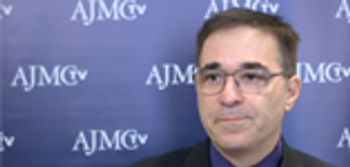
Clinical trials are critical for pushing the oncology field forward, but there is a need for not only more patients to participate in clinical trials, but for a more diverse population, said Howard K. Kaufman, MD, FACS.
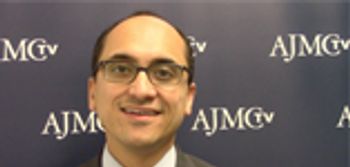
The term financial toxicity is relatively new and is being used to draw parallels between the physical toxicities of chemotherapy and the cost-related burdens cancer patients face.
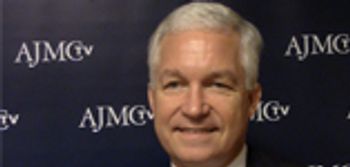
With a Republican House and Senate and a Democrat governor, Arkansas had a difficult time passing Medicaid expansion legislation, explained Joe Thompson, MD, former state surgeon general.
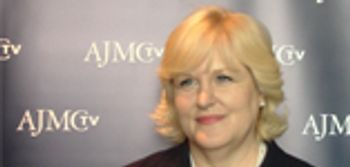
For people who have cancer, patient-centered care is particularly important because their life is changing, said Amy Berman, RN, BS, senior program officer at the John A. Hartford Foundation, who also has stage 4 breast cancer.
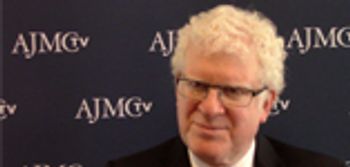
At Patient-Centered Diabetes Care, hear stakeholders across the whole ecosystem of healthcare delivery discuss solutions for diabetes with the patient always at the center of the discussion.
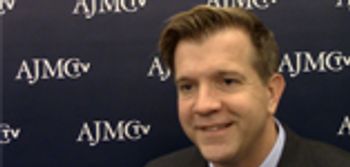
Many hospitals and healthcare systems don't fully understand their true cost of care, which will make the transition to an outcomes-based system difficult, said Robert Pendleton, MD, chief medical quality officer for University of Utah Healthcare.
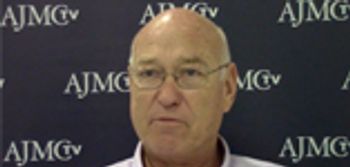
Although there is a clear link between nonadherence and outcomes of a patient with chronic myelogenous leukemia (CML), some patient intentionally stop taking their medication, said Giora Sharf, co-founder of the CML Advocates Network.
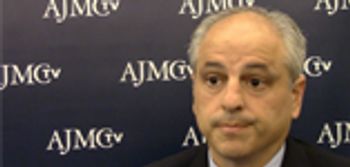
About 70% of primary care visits actually have a behavioral health component, which has been well known for some time, although people are only now getting serious about investing in mental healthcare, according to John Santopietro, MD, chief clinical officer of behavioral health at Carolinas HealthCare System.

Specialty drug costs represent a huge concern for Medicaid, which already represents the second largest budget in a state, according to J. Mario Molina, MD, president and chief executive officer of Molina Healthcare.

Expanding Medicaid under the Affordable Care Act is a huge undertaking, and Michigan decided to expand the program under a Section 1115 waiver, which sets the state apart a bit, according to Stephen Fitton, Medicaid Director at the Michigan Department of Community Health.

259 Prospect Plains Rd, Bldg H
Cranbury, NJ 08512
© 2025 MJH Life Sciences®
All rights reserved.
